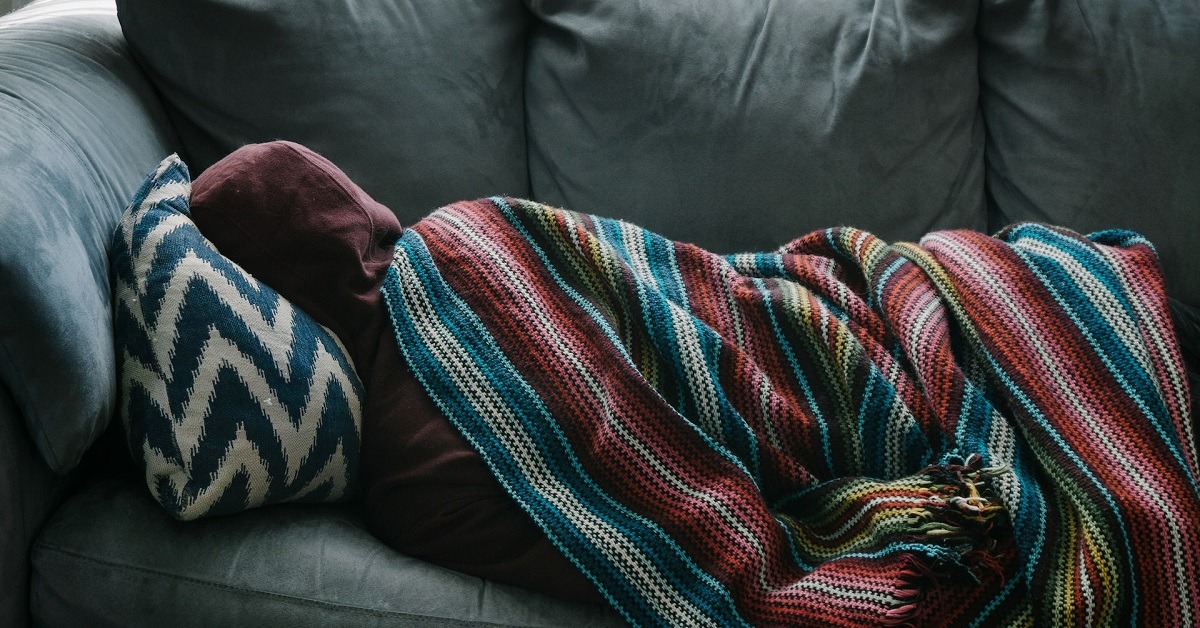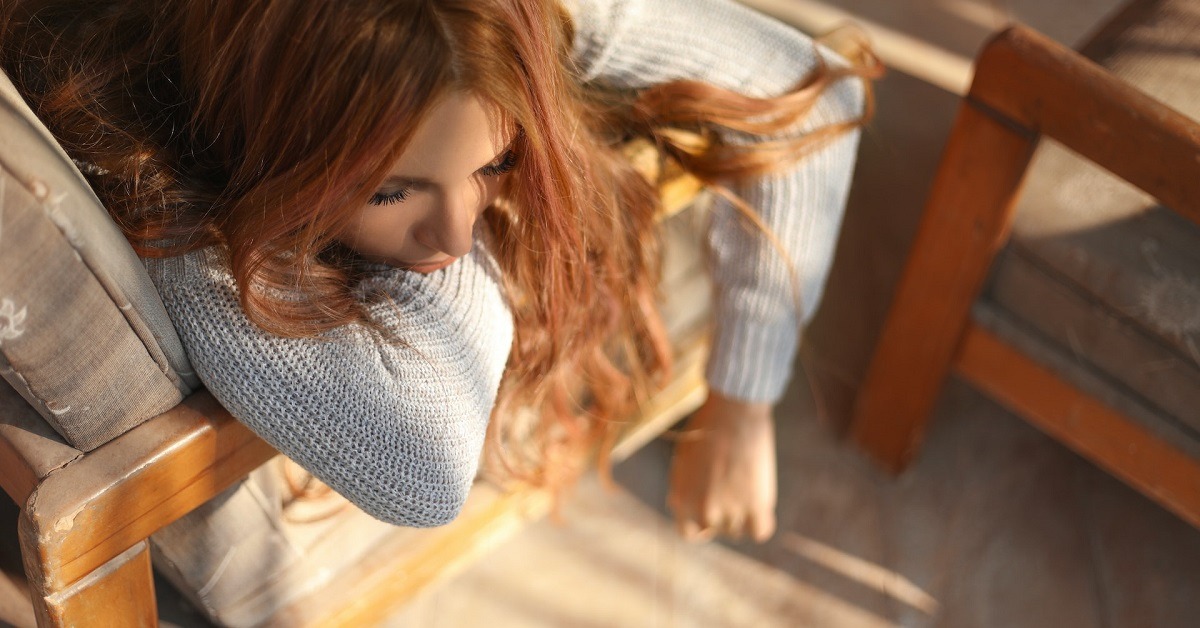
Although it mostly affects children, chickenpox can affect anyone at any age. Without the need to visit a doctor, it typically gets better on its own within 1 to 2 weeks. The virus that causes chickenpox is known as varicella-zoster. It results in a few fluid-filled blisters and an itchy rash. People who have never had chickenpox or who haven’t received the vaccine are very contagious. Currently, there is a vaccine for chickenpox that is readily available. Keep reading to learn more about the chickenpox vaccine in Northampton.
What are the symptoms of chickenpox?
The most typical symptom of chickenpox is an itchy rash. The rash and other symptoms won’t appear for seven to 21 days after the infection enters your body. Up to 48 hours before the skin rash begins to appear, you become contagious to others around you.
The following list of non-rash symptoms could last a few days:
– Fever
– Loss of appetite
– Headache
What are the stages of chickenpox?
The usual rash will start to appear one or two days after you first notice these symptoms. Before you get well, the rash passes through three stages. These consist of:
– You develop red or pink bumps all over your body.
– The bumps become blisters filled with fluid that leaks.
– The bumps become crusty, scab over, and start to heal.
Your body’s bumps won’t all be going through the same phase at once. Your infection will continue to worsen, with new pimples developing. Before it crusts over with a scab, the rash may be extremely itchy.

How long are you contagious with chickenpox?
A person with chickenpox is thought to be contagious from one to two days before the rash appears until all lesions have crusted (scabbed). Those who have received the chickenpox vaccine may experience non-crusting lesions. Until no new lesions have emerged for 24 hours, these patients are regarded as contagious. It takes between 7 and 14 days for it to totally disappear.
Chickenpox vaccine in Northampton
You can acquire the chickenpox vaccine on the NHS if you are likely to spread the infection to someone who has a compromised immune system.
A child may receive vaccinations, for instance, if one of their parents is undergoing chemotherapy. Some private clinics and travel clinics also accept payment for the vaccination. We would recommend vaccinating your children against chickenpox to avoid complications in future.
Who should get the chickenpox vaccine?
People who are not immune to chickenpox and who are close to those who run the risk of getting the illness badly are advised to get the vaccine. For instance, if you are undergoing chemotherapy, children who are in close contact with you and who are not immune to chickenpox should have the chickenpox vaccine. This can lessen the possibility that they will contract the infection and pass it on to you.
People who are not immune to chickenpox and whose jobs put them at risk of contracting it are also given the vaccine.
This includes:
– Laboratory staff who are not immune to chickenpox and who may be exposed to chickenpox through their work.
– Healthcare workers who are not immune to chickenpox and are in contact with patients (including cleaners, catering staff, and receptionists).
The vaccine contains a small quantity of the live virus that causes chickenpox. Therefore, it should not be administered to persons with compromised immune systems.
The vaccine’s weakened virus makes it safe for the majority of people. However, if your immune system is already compromised, it could make you sick.

Can I go on holiday if my child has chickenpox?
It is advised that you delay your travel plans until your child is healthy again if they are currently suffering from chickenpox. It’s crucial to review the airline’s policy before your flight because some can deny admission to those who have contagious illnesses. You may be unable to fly if you have chickenpox, at least until the red blisters have healed and become crusty.
Where can I get a chickenpox vaccine in Northampton?
Chickenpox vaccinations are free on the NHS where there is a clinical need. This includes when healthy persons are not immune to chickenpox and are in close contact with someone who has a weakened immune system.
You can get the chickenpox vaccine at your local pharmacy. To receive your vaccine, you can either schedule an appointment or visit Croyland Pharmacy.
Can you still get chickenpox when vaccinated?
Even after receiving a chickenpox vaccination, some people can still contract the illness. However, compared to those who are unvaccinated, they typically experience milder symptoms, such as fewer or no blisters (or simply red spots), a low or no temperature, and a shorter duration of illness.
Book your appointment with Croyland Pharmacy today to get your chickenpox vaccine in Northampton.
